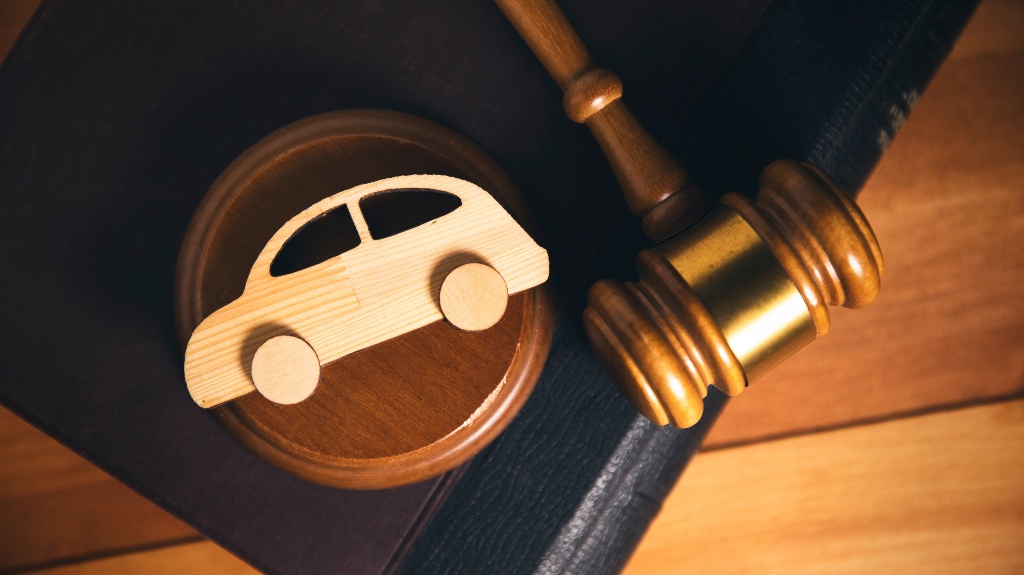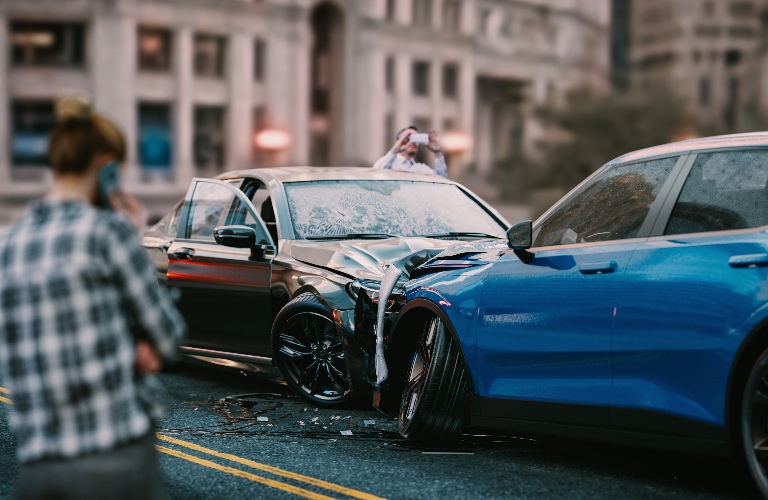
When you get into an accident in Illinois caused by another driver, you may assume that the driver’s insurance will cover your expenses. However, you may discover that the at-fault driver doesn’t have auto liability insurance. What options do you have when a car accident occurs due to an uninsured driver? Fortunately, taking prompt action can protect your rights and interests. Steps to take when an at-fault driver in an Illinois car accident lacks insurance include:
Call The Police and Document the Scene
First, drivers should report a car accident to law enforcement either by calling police at the accident scene or filing a written accident report as soon as possible after the crash. Having a police accident report can help drivers pursue insurance claims, as insurers will want the police’s report to help them determine fault for the collision.
Drivers should also document the accident scene by getting the other drivers’ contact information and vehicle details, talking to eyewitnesses, and taking photos of vehicle damage and other critical information, such as skid marks on the road, traffic signs/signals, and lighting/weather/road conditions.
Seek Medical Attention
People involved in car accidents should seek prompt medical attention, even if they do not notice any injuries or feel pain. Many car accident injuries can take a few days or weeks to begin manifesting noticeable symptoms. However, doctors can diagnose many injuries via an examination. Documenting your injuries right after a crash can help you establish the link between your injuries and the accident in case the other driver or an insurance company claims that your injuries have another cause. Furthermore, delayed medical treatment can weaken your claim by letting the other driver or the insurance company argue that you’ve allowed your injuries to worsen and require more expensive treatment.
Notify Your Insurance Company
You should also notify your insurance company about a car accident as soon as possible. Your insurance policy may require you to report accidents within a specific timeframe. When you contact your insurer, let them know that the at-fault driver does not have liability insurance. Your report will put the insurance company on notice that you may have an uninsured motorist claim, as Illinois requires all insurers to provide Uninsured Motorist (UM) coverage. With UM coverage, you can submit the compensation claims you have against the uninsured at-fault driver to your insurance company for payment.
Review Your Insurance Policy
When contacting your insurance company after a car accident, you should also review your insurance policy to confirm the coverage and limits you’ve purchased. In particular, you should check the policy limit for your UM coverage and any coverage exclusions listed in the policy. You can also see whether you may have purchased other coverages that may apply to your claim, such as underinsured motorist coverage (if another driver bears partial fault for the accident), optional personal injury protection (PIP) or MedPay coverage, collision coverage, and rental car coverage (which can help pay for a rental car while your vehicle gets fixed).

Consider Legal Action
Finally, if your financial losses exceed the available insurance coverage, you may choose to file a car accident lawsuit against the at-fault driver. However, drivers who do not have liability insurance may not have sufficient financial resources to pay a judgment you obtain in a lawsuit. An experienced car accident attorney can help you weigh the pros and cons of pursuing litigation against an at-fault uninsured driver.
Contact a Car Accident Attorney
After suffering injuries and property damage in a car crash, hiring experienced counsel can help you protect your rights and financial interests. Contact Saperstein Law Group today for a free, no-obligation consultation with a car accident lawyer to discuss your legal options for pursuing financial recovery after a crash caused by an uninsured driver.
